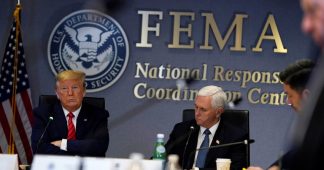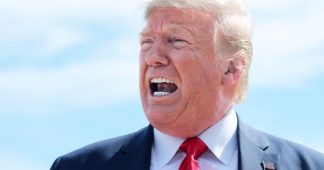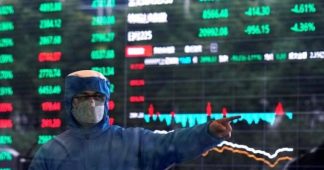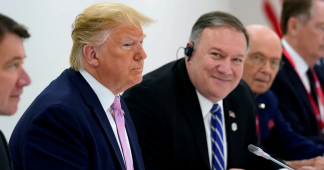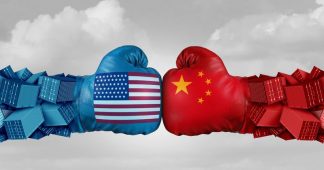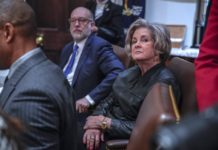Coronavirus Could Revolutionize America’s China Policy
By Emil Avdaliani
May 6, 2020
EXECUTIVE SUMMARY: Many argue that the coronavirus pandemic will ultimately benefit China more than the rest of the world, especially the US. After all, America is now the worst-hit country on earth in terms of human casualties. But the crisis could in fact help the US reorganize its geopolitical thinking toward the People’s Republic, resulting in a radical break in which Washington’s political and economic elites are newly unified against a rising Beijing.
Analyses abound on which state or region will benefit the most from the coronavirus crisis. Many believe it will be China, which has (or says it has) sustained many fewer human and economic losses than the US and western European countries. The US and Europe, meanwhile, are experiencing their deepest crises since WWII.
A battle of narratives has arisen on who is to blame for what has happened to the global and national economies. These narratives warrant their own analysis. Suffice it to say here, however, that the pandemic will accentuate the divide between the West (especially the US) and China.
Though Beijing might well succeed at portraying itself as highly efficient in combating the virus, it could suffer an unexpected consequence: a unifying of the American political and business elites against it.
This process was already in place well before the pandemic struck. Indeed, it can be argued that it predated the rise of Donald Trump. US leaders have been gradually shifting American geopolitical attention away from the Middle East and toward China and Southeast Asia for years. Both the Obama and the Trump administrations made significant moves toward this end.
Still, there has not been a conclusive accord within the American political elite on what kind of threat China poses to US geopolitical interests. The US’s deep economic interconnectedness with China has complicated reaching a policy consensus on this question.
Another no less significant factor in the seeming US indecisiveness toward China is the very nature of the US government. It is a huge bureaucratic apparatus with numerous agencies, each with its own vision, and those visions often clash. Contrary to autocratic states where divisions are not seen and decisions are taken without consulting the wider public and often without economic considerations, the democratic US traditionally needs much longer to adjust to new geopolitical realities. This can take years.
Read more at https://besacenter.org/perspectives-papers/coronavirus-us-china-policy/
